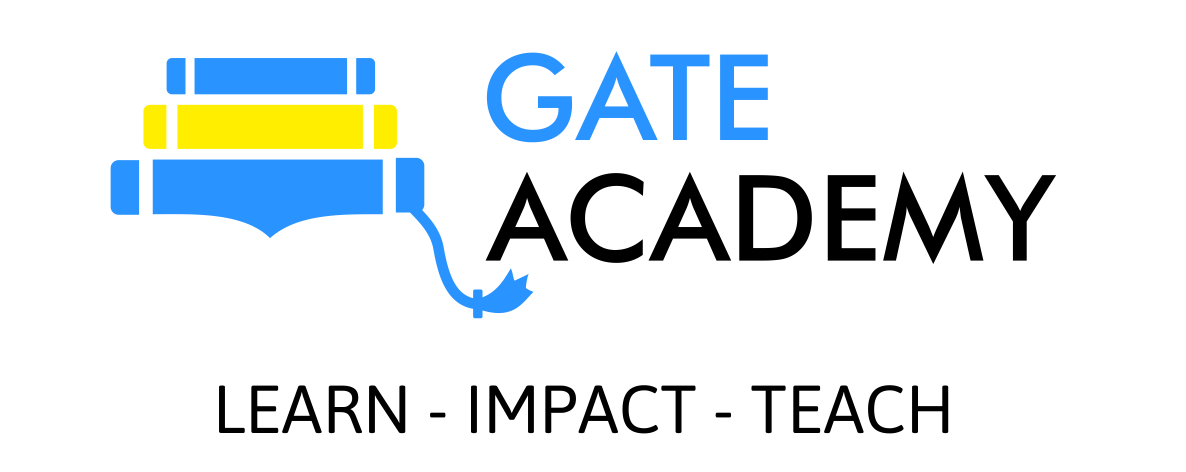- An auxiliary verb is a verb that helps to form or express the mood, voice, and tense of another verb.
- The main auxiliary verbs are: be, have, can, do, shall, will, may, ought to, must, might, used to, dare, let, etc.
- For example:
- We shall go home next week
- He might have succeeded, if he had put in a little more effort
- Auxiliary verb are of two type. These are non-modal auxiliaries and modal auxiliaries.
- Non-modal Auxiliary Verbs: The non-modal verbs include: be have, do, is, are, was, were, has, am, did, had, been. They are often used to form tenses, passives, and to frame a question. For example:
- I have gone to see the men
- The books are well bound
- Moses has gone home for good
- Modal Auxiliary Verbs: The modal auxiliary verbs are commonly used to show certainties, uncertainties, possibilities, necessities, impossibilities, improbabilities
- They include: could, may, might, can, will, would, should, shall, must/ought to, need, dare
- Certainty: Modals shall, shan’t, will, won’t, can’t, couldn’t, would and wouldn’t are usually used to say that a situation is certain. For example:
- I shall be home tomorrow
- I shan’t be home till next week
- that can’t be jane
- It won’t rain tonight
- Probability: Modals, may, may not, should and ought not to are mostly used to express probability. Modals, could and might are used to express weak modals. Modal can is commonly used to express habitual possibility.
